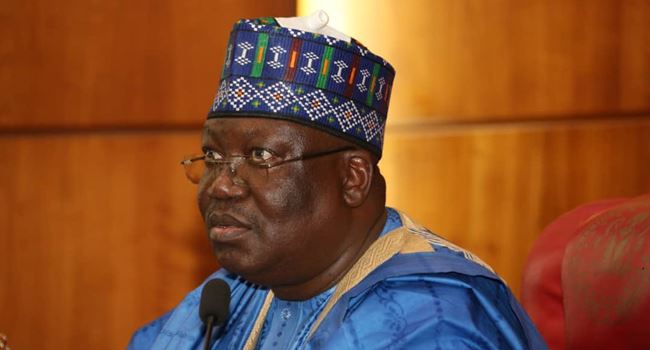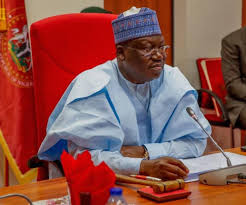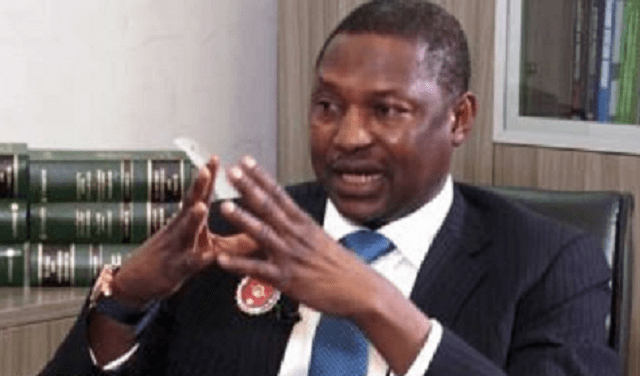A group of concerned Nigerians has urged the United States, US, and United Kingdom, UK Embassies in Nigeria to exercise caution, and not overheat the polity in Nigeria by their security advisories.
The group, Coalition of Nigerians for National Sovereignty and Unity, CONNSU, said the advisories have triggered panic among members of the public.
In a statement jointly signed by the National Coordinator, Musa Taidi, and National Secretary, Chijioke Kalu, the group said: “Over the past few days, we have been increasingly concerned about security advisories by the United States Mission in Nigeria and the United Kingdom High Commission on potential terrorists’ attacks in our nation’s capital, Abuja.
“Ordinarily, security advisories are routine and designed to help de-escalate tension and nip activities of terrorists and their like in the bud. Nigerian security agencies, especially the Department of State Services, DSS, has occasionally issued such advisories.
“However, the CONNSU is alarmed that less than 24 hours after the initial security alert, the United States Embassy in Nigeria will authorised the departure of non-emergency US government employees and family members due to what it termed ‘the heightened risk of terrorist attacks’.
“This is an overreach and we believe designed to cause panic and weaken the resolve and strident efforts of the Nigerian security architecture amidst great gains over elements that pose existential threats to Nigeria.”
The statement further noted thus: “It is pertinent to state that the DSS alerted the nation of plans by terrorists to plant IEDs and aim at soft targets in the country. It is to the credit of the Nigerian security architecture that the plans of enemies of the state and their sponsors were put in check and nothing major happened across the country.
“Also, the Nigeria Immigration Service and Nigeria Security and Civil Defence Corps, NSCDC, have all issued similar advisories of which the intelligence community have acted swiftly and decisively to.
“So, for the U.S to ask for the departure of its citizens in the face of the commitment and tireless effort of the Nigerian Government and its security apparatus is a great disservice and premature.
“While we are not unmindful of the obligation of the US and UK governments to their citizens, we believe working closely with the Nigerian government and strengthening ongoing clearance field and intelligence operations will be more meaningful than back-to-back advisories.
Over the past few months, the Nigerian security community has been routing terrorists, bandits and ESN elements across the country. As a result of these, most of these elements are on the run, scattered, weakened and cornered. Owing to their superior technology, the U.S and UK governments should provide credible leads to the Nigerian security especially the DSS rather than stoking fear in the run up to a major election in 2023.”
National Update



